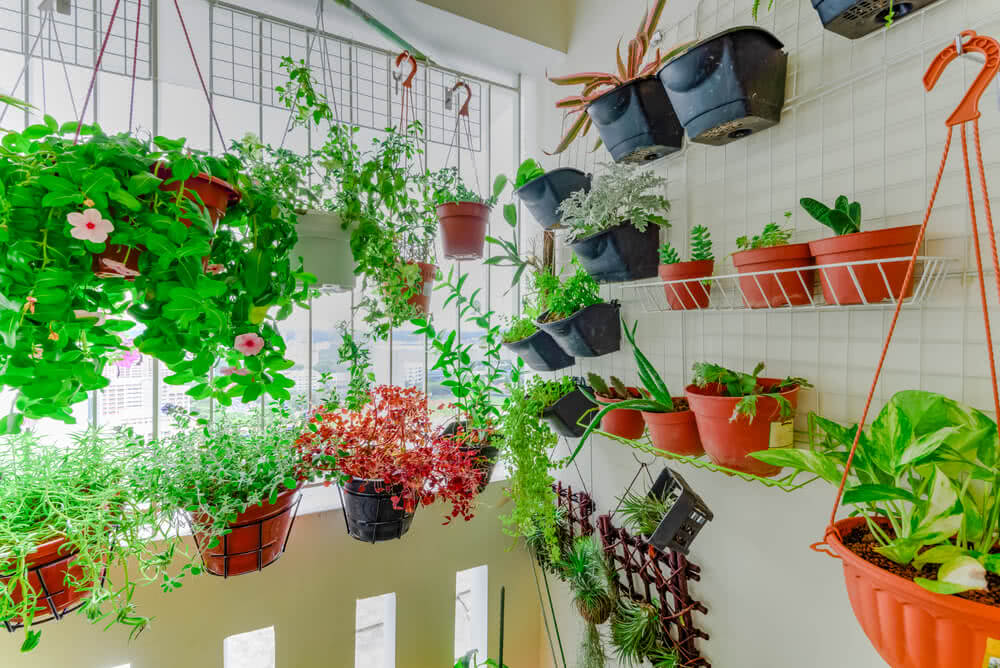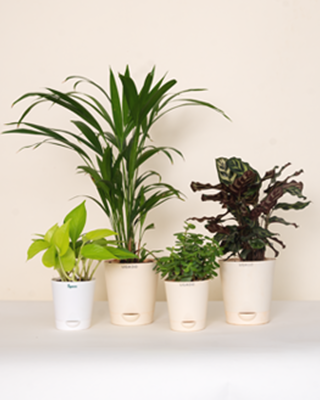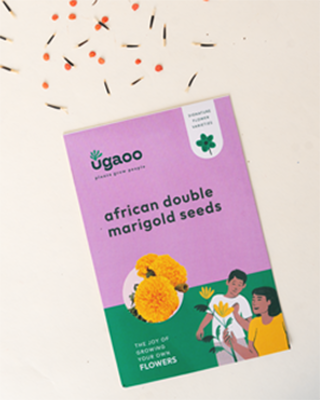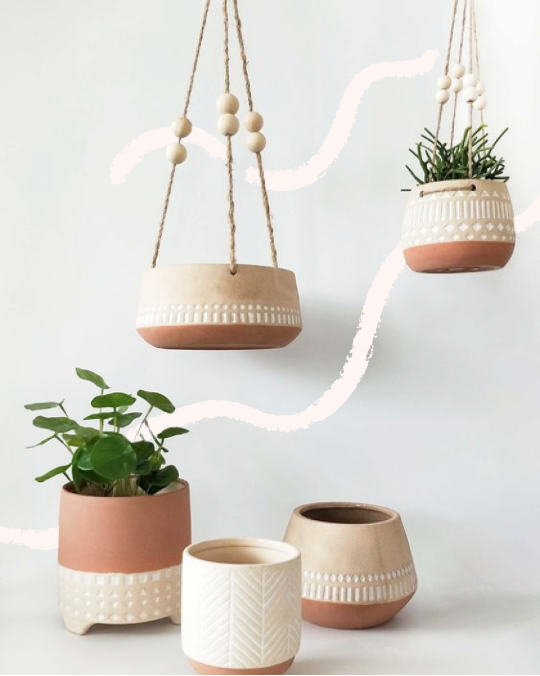The terrace garden is an urban feature. In modern times, homes with compounds, lawns and yards are extinguishing. In cities and towns, skyscrapers are replacing such homes. As a result, the private home gardens are vanishing, and the only places left for gardening are roofs, terraces, and balconies.
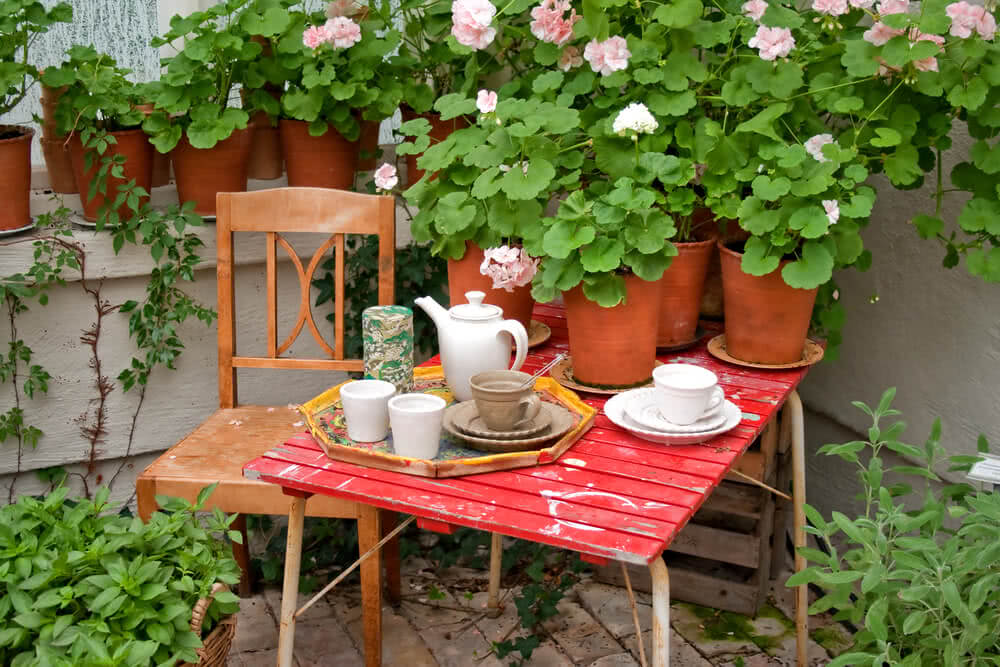
• Points to Remember as a Terrace Gardener
1. Terrace Capacity
- The first thing to check before starting a terrace garden is whether the roof surface can bear the weight of the soil.
- Soil, especially wet soil is much heavier than one can usually conceive.
- Avoid developing terrace garden on structures that have shown signs of weakness and structural damage.
- A terrace garden should be made on the rooftop of a substantial building or a house constructed with load bearing floors.

2. Waterproofing and Drainage
- The roof should be made waterproof to prevent seepage of water into the room below. The civil work required for complete waterproofing cannot be avoided.
- The terrace should have adequate drainage so that rain and irrigation water drains off quickly.
- If the plantation is to be done directly on the terrace floor, it is advisable to install drainage cells and geotextile membrane before putting the layer of soil.
- It is also a good idea to install drip irrigation system, rather than watering by conventional methods.

3. Container Gardening on the Terrace
- Installing proper terrace drain-cell system can be an expensive affair.
- You can always arrange series of containers holding soil such as pots, boxes, troughs, tubs, drums, etc.
- These containers are placed over wedges or bricks to leave a clear gap between them and the roof for proper drainage and passage of air.
Buy Pots & Planters
4. Flower Beds on the Terrace
- Small flower beds can be made directly on the roof. This can be achieved by placing the soil between the parapet and a wall built on the inner side. Know more about developing beautiful flower beds.
- Moisture proof wood shuttering, stones or bricks can be used to make inner wall of the flower bed.
- Flowering annuals that are suitable for terrace garden: Antirrhinum, Stocks, Sweet peas, Pansy, Dahlia, Chrysanthemum, Marigold, Alyssum, Phlox, Dianthus and Verbena and much more.

5. Landscaping Principles for Terrace Gardening
- As for any other gardening, a terrace garden should also have a dominant focal point, like lawn or water garden or a rock garden or even a small tree. Eg. Plumeria, Bottlebrush, Christmas tree, Brassaia, etc.
- The vision of visitor tends to travel outwards in the horizon. Therefore, the endeavor on the part of planner will be to hold their view by a barrier of masses of bright color and tall growing plants at the outer edge of the terrace.

6. Go Vertical
- On a terrace, the space available for gardening is limited; therefore it is a good idea to encourage vertical gardening.
- This is the reason why a terrace garden lover should use more climbers and trailers in his garden.
- Some of which can climber over a supporting pillar, or an ornamental arch while others can rampantly spill over the top of the boundary wall and hand down the side of the building camouflaging the brick and concrete.
- Ficus repens is a good climber that can cover the wall. Other attractive creepers include Railway creeper, Passion flower, Thunbergia, Bougainvillea, Climbing Roses, etc.
- Hanging baskets play a significant role in the terrace garden.
- Various types of baskets either containing flowering or foliage plants can be displayed with significant advantage at suitable places.
Buy Hanging Plants
